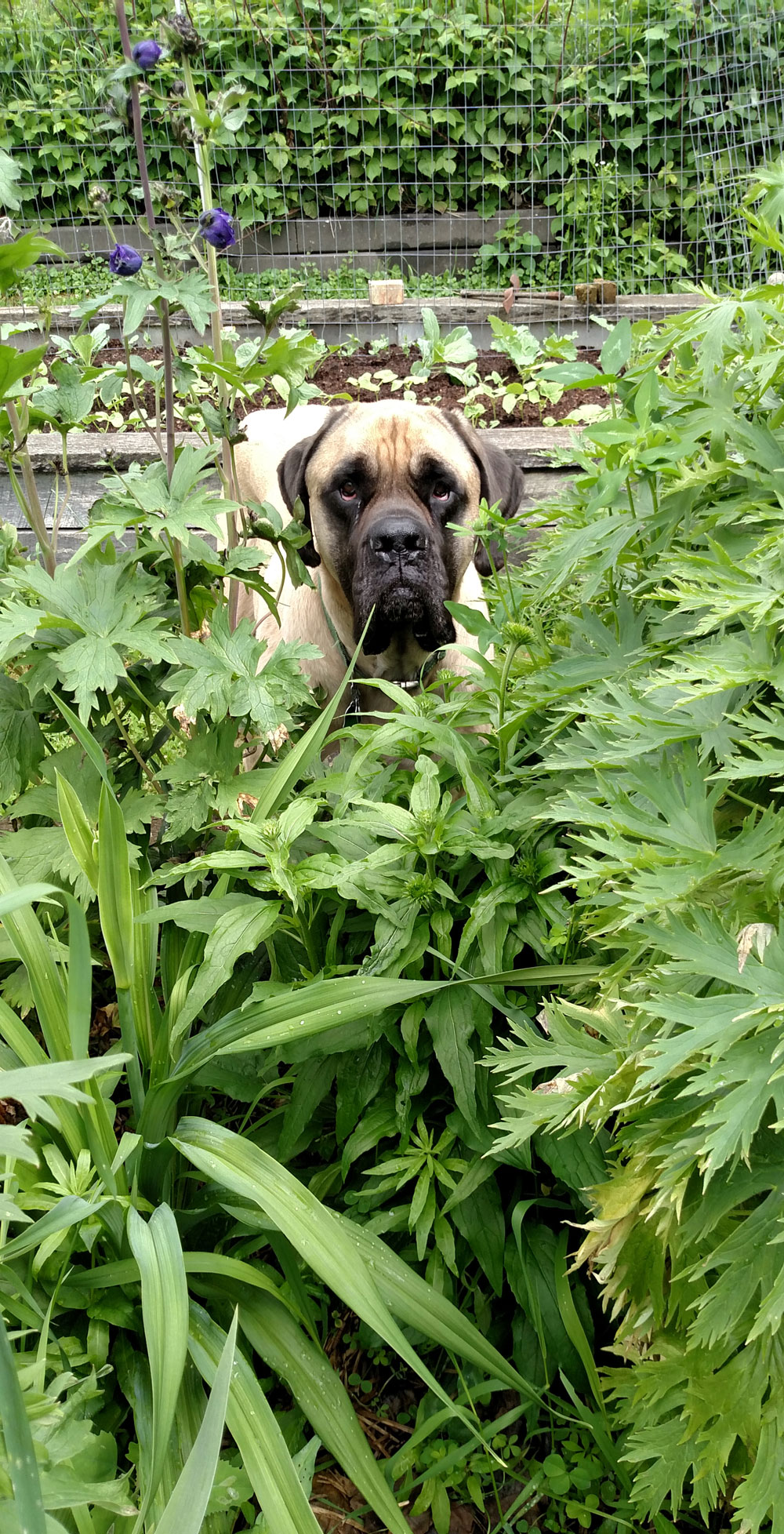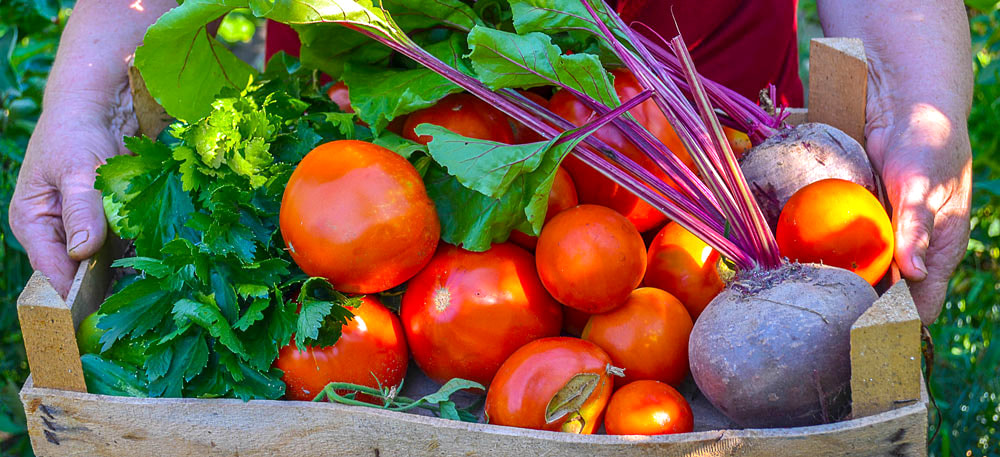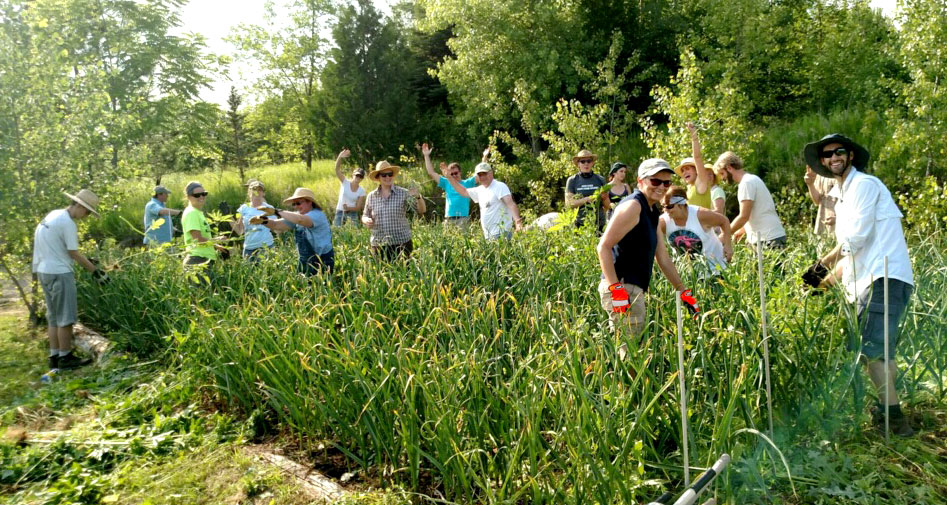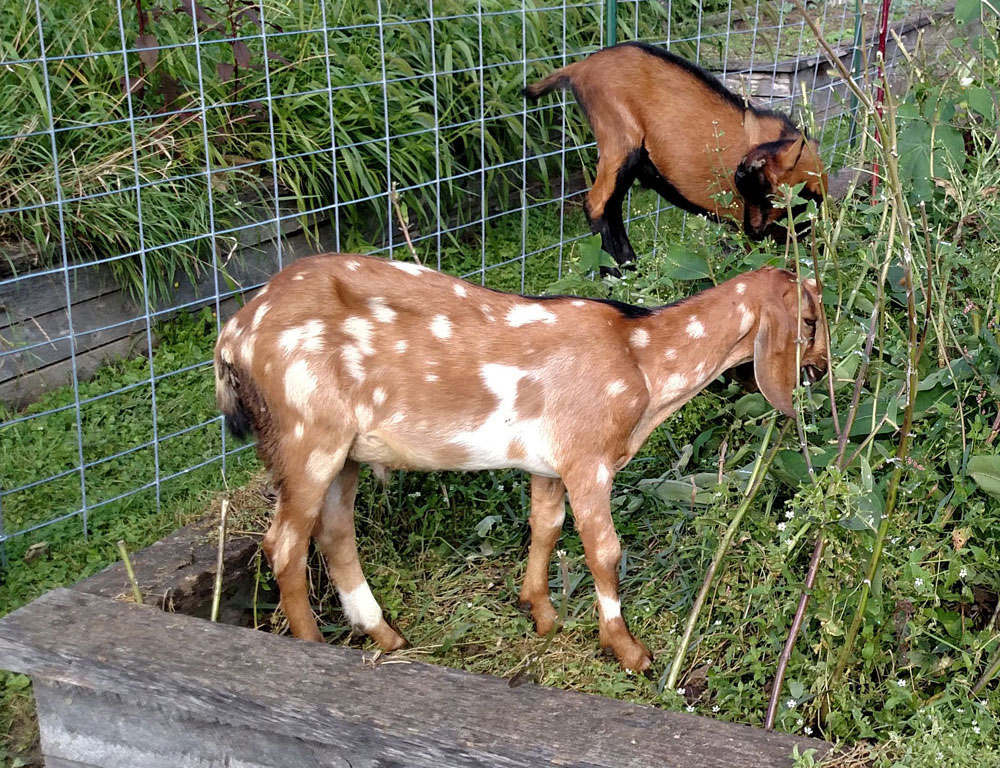Permaculture ... taking 'sense of place' seriously ...
|
Mr. Bubba, Permaculture Pooch, guarding the Guilded Gardens
|
Permaculture has been a revolutionary and evolving system of thought since the mid-1970’s. It originated in Australia, from the minds and lives of co-founders, Bill Mollison and David Holmgren, continuing to be revolutionized by some of the most influential thinkers and doers of our time, such as Masanobu Fukuoka (One Straw Revolution), Geoff Lawton, and Paul Wheaton. While it was often endearingly dismissed initially as ‘hippie homesteading’, the breadth and depth of its values, principles, and practices have evolved, in our opinion, into the most coherent model and holistic systems approach for planetary citizenship, whether applied to personal lifestyle, community development, or corporate responsibility and impact.
Permaculture fully encompasses the most intimate awareness, understanding, disruptive strategery, creative design, implementation, daily engagement, and celebration in the practice of restorative and regenerative life decisions (personal and professional). This is not only for the sake of survival on a livable planet, but for the sake of the beauty and quality of that survival reflected in natural evolution of that dance among all species and the planet we all share. At the St Croix Institute (& LICO2e™), permaculture influences everything we do daily in personal life and professional practice. That influence is grounded, literally in the subsistence farm (Guilded Gardens), we have lived and raised children (and now grandchildren) on since 1990. Guilded Gardens is where we do our best to ‘walk-the-talk’ in our own lives, as well as utilize it as a demonstration site for annual permaculture design certification courses we co-sponsor with Midwest Permaculture, and the Borner Farm Project. Permaculture applies to every human system, whether consulting with multi-national corporations and small businesses, government agencies (tribal and non-tribal), college campuses, NGO’s, and communities, or of course, other households desiring a similar path.
So whether applying the values, principles, and practices of permaculture to the impact of corporate manufacturing and supply chains, to college curriculum and faculty development, to community decarbonization planning, to eco-village housing for local energy/water/food systems and community self-sufficiency, or to even hands-on assistance to CSA entrepreneurs or backyard gardeners, we are privileged to work everyday alongside those who are committed to re-imagining and co-creating the future we consciously and purposefully leave for the generations that follow. |








